Like every other year in Nigeria, the year 2021 was not turmoil-free; it has its ups and downs. As Nigerians put the year 2021 behind and welcome 2022, AJUMA EDWINA AMEH reviews nine major events that made the year a memorable one.
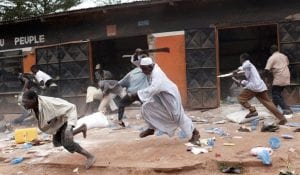
Nigeria was overwhelmed and beleaguered by insecurity in the year 2021, as it was the number one issue on the lips of almost every Nigerian. Nigeria was racked by high levels of abductions, killings and extremist insurgencies. The insecurity situation was at its peak in 2021 as banditry, kidnappings and killings became an everyday affair in most parts of the country. States like Zamfara, Katsina, Niger, Borno, Sokoto, and Kaduna have been the epicenters of these violent attacks.
Almost all the five states in the South Eastern region of the country also suffered violence and acts of extra-judicial killings as supporters of the embattled leader of the proscribed Indigenous People of Biafra (IPOB), Nnamdi Kanu, were accused of launching deadly attacks on government offices, prisons and the homes of politicians and community leaders.
Notable among the violence and gruesome murder in the South Eastern region includes Dr. Chike Akunyili, the widower of the former Director-General of National Agency for Food and Drug Administration and Control (NAFDAC), Prof. Dora Akunyili; the destruction and burning of the country home of APC Chieftain and Special Adviser to the Governor of Lagos State on Drainages and Water Resources, Mr. Joe Igbokwe; killings of former Presidential Aide of ex-president Goodluck Jonathan, Ahmad Gulak, who was shot by six armed men on his way to Owerri airport, and killing of over 180 security personnel.
Over 20 police stations and election commission offices were also attacked or razed in Southeast.
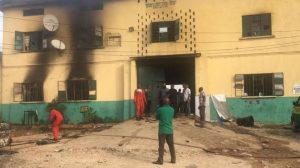
Incessant attacks on correctional facilities
The year also witnessed incessant jailbreaks in different parts of the country, unprecedented in the annals of the country.
One of the most devastating attacks in the South-East was the attack on April 12, 2021, by a large number of gunmen on the Nigerian Correctional Service (NCoS) headquarters on Okigwe road, Owerri, Imo State. They destroyed part of the prison walls with explosives and set the facility ablaze which led to a jailbreak where no fewer than 1,844 eventually escaped.
There was no claim of responsibility for the attack, but police said the gunmen were from the The Eastern Security Network (ESN); the paramilitary arm of the Indigenous People of Biafra (IPOB).
Five months after, armed men also attacked a prison facility in Kabba, Kogi State, killing two officials and freeing hundreds of inmates.
Also, on October 22, 2021, heavily armed gunmen attacked the correctional facility in Abolongo, Oyo, Oyo State. The gunmen stormed the facility around 10p.m, using grenades to gain access and set 837 inmates free.
On November 28, 2021, gunmen stormed a medium-security prison in Jos, managing to free more than 252 inmates, with at least 10 killed; Nine inmates, one prison official, and seven critically wounded.
The federal government disclosed that a total of 4,860 inmates escaped from correctional centres in different parts of the country from 2020 till date.
The Minister of Interior, Rauf Aregbesola, said out of the 4,860 escapees, 954 had been recaptured while it was still on the trail of about 3,906 inmates.
Meanwhile, the Nigerian Bar Association (NBA) and African Bar Association (AfBA), have blamed the frequent jailbreaks in the country on the congestion of the correctional centers across Nigeria.
The Controller-General of the Nigerian Correctional Service, Haliru Nababa, blamed lack of adequate funding for the inability of the Service to deploy technology in manning its prisons nationwide.

The Suspension of Twitter In Nigeria
The most dominant event of 2021, was the indefinite suspension of micro-blogging and social networking service, Twitter, in Nigeria by the Buhari administration on June 4, 2021.
On June 1, 2021, the micro-blogging site deleted President Muhammadu Buhari’s tweets on Biafra civil war, for violating its rule.
The tweet which drew the ire of Nigerians as disparaging the Igbo, read: “Many of those misbehaving today are too young to be aware of the destruction and loss of lives that occurred during the Nigerian Civil War. Those of us in the fields for 30 months, who went through the war, will treat them in the language they understand.”
Reacting, the federal government accused Twitter of “double standards’’.
According to Minister of Information and Culture, Alhaji Lai Mohammed, while Twitter found Buhari’s tweets as offensive, it has “conveniently ignored inciting tweets by Nnamdi Kanu and his cohorts, displaying the same biases it did during the ENDSARS protest where government and private properties were being looted and set on fire, terming it human rights.”
Barely three days after Twitter deleted President Muhammadu Buhari’s “offensive tweet” on Nigerian Biafra civil war, the Federal Goverment ordered the indefinite suspension of its operations and social networking service in Nigeria.
Following the announcement, telecom operators in Nigeria blocked Twitter, leaving users in Nigeria unable to access the site, while some navigated the hurdle using Virtual Private Networks (VPN).
The federal government directed the National Broadcasting Commission (NBC), to immediately commence the process of licensing all OTT and social media operations in Nigeria.
In the same development, the Attorney General of the Federation (AGF) and Minister of Justice, Abubakar Malami, also ordered the immediate prosecution of Nigerians still making use of the microblogging platform, despite the ban of its operations in Nigeria.
Following the controversy generated by the suspension of the micro-blogging site in Nigeria, Human Rights lawyer and Senior Advocate of Nigeria, Femi Falana (SAN), opined that the federal government should have sued Twitter, rather than place a ban on its use.
According to Falana, the Federal Government erred in suspending Twitter operations in the country.
Meanwhile, NetBlocks Cost of Shutdown Tool, an international Internet monitor, revealed that Nigeria loses N102.9m every hour following the ban.
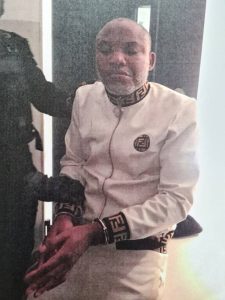
The rearrest of IPOB leader, Nnamdi Kanu
The arrest of leader of the proscribed Indigenous People of Biafra (IPOB), Nnamdi Kanu, after almost three years the Nigerian government declared him wanted, is another noteworthy event that happened in the year 2021.
Kanu went missing when he failed to appear in court in 2017, and his whereabouts prior to his rearrest on June 27, 2021, was unknown.
There were also controversial accounts of where the leader of the Indigenous People of Biafra, was arrested and extradited.
Kanu, who has been in the custody of the Department of State Service (DSS), was slammed with seven amended charges by the federal government, as against the five counts he was previously being tried for.
The amended charges bordering on treasonable felony and acts of terrorism, was filed by the Office of the Attorney-General of the Federation and Minister of Justice, Abubakar Malami (SAN).
His arrest, detention, and ongoing trial of the leader of the Indigenous People of Biafra, Nnamdi Kanu, is one of the biggest court cases of 2021.
The IPOB Leader was taken before Justice Binta Nyako of the Federal High Court, Maitama, Abuja, where the judge ordered that Kanu’s trial be given an accelerated hearing.
Also, subsequent court appearances of Kanu have been characterized with heavy security amidst IPOB supporters thronging the court premises to show solidarity.
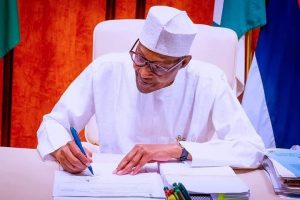
Petroleum Industry Bill (PIB) signed into law
President Muhammadu Buhari, in a historic move on August 16, 2021, scored another first by signing into law the Petroleum Industry Bill (PIB), now the Petroleum Industry Act 2021 (PIA).
The assent which notched another high for the Buhari administration, is coming almost 14 years after it was first brought to the National Assembly and suffered several setbacks.
The Petroleum Industry Act provides a legal, governance, regulatory and fiscal framework for the Nigerian petroleum industry, the development of host communities and related matters.
Shedding more light on the new petroleum law, the Group Managing Director of Nigerian National Petroleum Corporation (NNPC), Mele Kyari, who has been in the forefront of transforming the oil and gas industry and contributed significantly to the new structure, said the PIA will transform the nation’s petroleum industry into a hub of business opportunities, attract huge capital globally into the country’s oil sector, strengthen cost recovery and ensure decent returns on investment.
Kyari, who gave the spot-on perspective of the PIA when he spoke as a guest of honour at a virtual interactive fireside chat organized by Persecondnews in Houston, Texas, on August 19, 2021, said it would promote good governance in the oil and gas sector in line with international best practices.
Kyari said: “It will help us to have a very transparent, clearly competitive physical framework, where you get to see opportunities on where you can put your money and also get back your money with some benefits. It will also refocus gas development in our country.”
However, the passage of the revolutionary law had its criticisms. Part of the grouse is that only three percent was allocated to the oil-producing communities, which bear the brunt of production and exploration, while 30 percent was approved for finding oil in the frontier basins.
Breaking down the arithmetic of the three percent to the critics, kyari explained that allocation of three percent oil companies operating expense to host communities, as stated in the Petroleum Industry Act (PIA), has a low percentage but a bigger value.
According to him, the three percent allocation is higher than the 30 percent of profit oil and gas for frontier exploration.
Clarifying on the percentage allocations, Kyari explained: “When you say 30 percent profit oil and gas from NNPC shares or from PSC, it is a very small number. The percentages appear very outrageous but 30 percent of what? Nobody has sat down to look at it. When you say profit oil 30 percent, it probably comes down to less than $400 million per annum.
“But when you come to the host communities, you have three percent of our operating expense. We spent about $16 billion in fiscal 2020 in our operating expense across the industry. So when you take three percent of that number it comes above $500 million far above the budget of NDDC.”
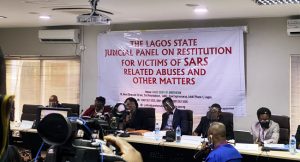
EndSARS judicial panel report indicts FG
After over a year of the much-awaited #EndSARS Judicial panel report, it was finally released on November 17, 2021.
The Lagos State Judicial Panel of Inquiry on Restitution for Victims of SARS Related Abuses and Other Matters, led by Justice Doris Okuwobi, in its report said at least nine persons were confirmed dead at the Lekki toll plaza on the night soldiers stormed there to disperse #EndSARS protesters on October 20, 2020.
Persecondnews recalls that on October 20, 2020, about 6:50 p.m, armed men believed to be soldiers were reported to have opened fire on peaceful #EndSARs protesters at the Lekki toll gate in Lagos.
According to Amnesty International, at least 12 protesters were killed even though the number is said to be higher, as there have been complaints of some missing persons.
Also, a live stream video by Nigerian Disc Jockey, DJ Switch, on her Instagram account, showed footages of the shooting of peaceful protesters by the Nigerian army and armed policemen.
DJ Switch clarified in a video made on October 23 that she witnessed the shooting of seven people at the time she was live-streaming on Instagram.
Also recall that a month after the incident, CNN aired a six-minute documentary on the shooting, and the independent investigation showed photographs of victims and eyewitness accounts, as well as the families of victims, alongside verified trended videos of the shooting using timestamps and data from video files.
CNN was able to establish that several of the bullet casings from the Lekki Toll Gate, originated from Serbia, from where Nigeria had imported bullets every year between 2005 and 2016.
In response, the Nigerian army insisted that its members were ‘professional in their conduct and did not breach rules of engagement, and the Minister of Information, Lai Mohammed, however accused CNN of ‘irresponsible journalism’ and described the documentary as fake news and disinformation.
However after the incident, the #EndSARs Judicial Panel of inquiry who sat for over one year listening to testimonies of petitioners, witnesses, experts, and lawyers, found the federal government and its security agencies culpable in shooting and killing innocent protesters.
They treated 235 petitions and awarded N410 million as compensation to 70 victims.
In the 309-page report by the panel, 48 names were listed as casualties of the incident. Among the 48, about 20 sustained gunshot injuries, while 13 others were assaulted by the military.
The panel also found that the army turned back ambulances called in to take the injured to the hospital.
According to the panel, “The denial of ambulances by the soldiers, which could have assisted in the prompt and effective treatment of injured protesters, was cruel and inhuman and it contributed immensely to the large number of deaths and casualties on the part of the protesters, especially those from the Lekki Toll Gate.”
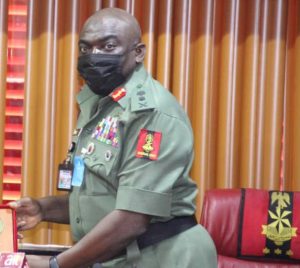
Chief of Army Staff, Lieutenant-General Attahiru Ibrahim, 10 others die in plane crash in Kaduna
The death of Lieutenant-General Attahiru Ibrahim, the Chief of Army Staff, in a plane crash came as a shock to most Nigerians and the world.
According to reports, Attahiru who was appointed Chief of Army Staff on January 26, 2021, and 10 others including six military officers and four crew members, died in the Military Beachcraft which crashed near the Kaduna International Airport, on May 21, 2021.
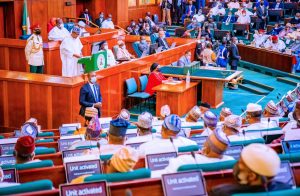
Much ado about the 2021 Electoral Act Amendment Bill
On December 20, 2021, Nigerians were again disappointed with the rejection of the 2021 Electoral Act (Amendment) Bill by President Muhammadu Buhari, after the bill was passed by the National Assembly.
Persecondnews recalls that it is the third time Buhari will be rejecting the bill since he took office in 2015.
The Bill among other things recommended direct primaries for political parties in choosing candidates for election, innovations like electronic transmission of results and also the spending limit for election campaigns.
The President in a letter to the National Assembly said he withheld assent to the bill because of a provision for the mandatory conduct of direct primaries by political parties, adding that the bill might pose financial, legal and security challenges.
In the letter, Buhari warned that for parties to conduct direct primary elections for the presidential, governorship and legislative posts, cost of conducting the general election will be huge and it will inevitably leave a huge financial burden on both the political parties, INEC and the economy in general at a time of dwindling revenues.
He further warned of insecurity challenges towards conducting and monitoring direct primaries in the 8,809 wards, stating that security agencies will also be overstretched as direct primary will open participation to all and a sundry, and as such large turnout without effective security coordination will engender intimidation and disruption, thereby raising credibility issues for outcomes of such elections.
However, criticisms from different quarters of the country, particularly the civil society groups, have continued to trail the rejection of the bill by President Buhari, as they argued the importance of the bill to Nigerians.
Persecondnews reports that while the House of Representatives led by its Speaker, Femi Gabajabiamila, has resolved to debate the matter after they returned from recess in January 2022, the Senate remains adamant even as 73 senators reportedly resolved to override the President’s veto.
This is as the Senate on December 22, 2021, failed to override the veto of the President on the Electoral Act Amendment bill.
The President of the Senate, Ahmad Lawan, after an executive session, said the lawmakers had decided to take the President’s rejection of the bill to their constituencies during Christmas and New Year holidays before deciding on the next line of action.
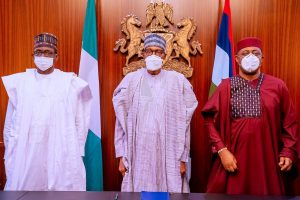
In 2021, the political scene buzzed with lots of activities, especially as the 2023 general elections draw closer. Political parties also witnessed a lot of defections.
The ruling APC gained politically in 2021. as many people in the opposition, which includes senators, members of the House of Representatives, governors among others, defected to the party.
Notable among those who decamped from PDP to APC are Cross River governor, Ben Ayade; Zamfara State governor, Bello Matawalle; Ebonyi State governor, Dave Umahi; former Minister of Aviation, an ardent critic of the APC administration. Femi Fani-Kayode, among others. With the oncoming general elections next year, we will likely see a lot of defections in 2022.
Also, prominent PDP chieftains like the former governor of Ogun State, Gbenga Daniel who was the Chairman of the party’s Presidential campaign in the 2019 general elections joined the APC in 2021.
Also, the much anticipated Anambra governorship election, which was held on November 6, 2021, was successfully conducted, despite fears of violence and attacks on INEC facilities in the state.
Though the election was inconclusive on the first ballot due to the prevailing insecurity in the state, a supplementary election was held on November 9, in one of the Local Government Areas.
The former Central Bank of Nigeria’s governor, Professor Charles Chukwuma Soludo, was declared governor-elect, at the end of the election. Soludo, who is the candidate of the All Progressives Grand Alliance (APGA) led with 112,229 votes, while his two major rivals, Valentine Ozigbo of the Peoples Democratic Party (PDP) got 53,807 votes, and Andy Uba of the All Progressives Congress (APC) got 43,285 votes.
The issue of zoning in the forthcoming 2023 presidential election was also critical in 2021, as it appeared to be a tough task for political parties in choosing their various presidential candidates and also in preparations for their next national Conventions. The controversy about power rotation has been with the country from time immemorial.
Persecondnews recalls that southern governors recently resolved at their meeting that the next president of Nigeria must come from the South.
The governors also threatened to oppose any political party that presents a northerner as a presidential candidate in the 2023 elections.











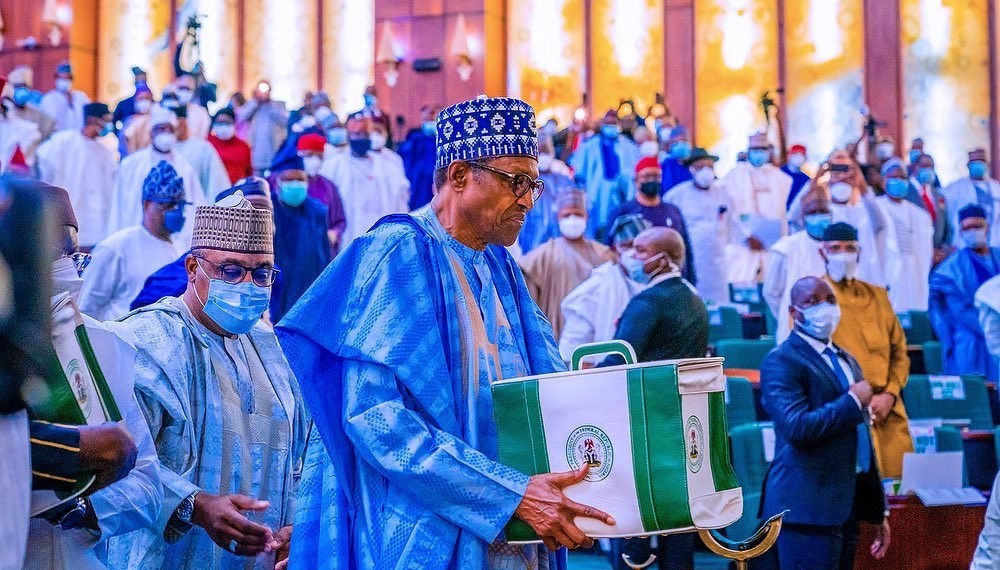







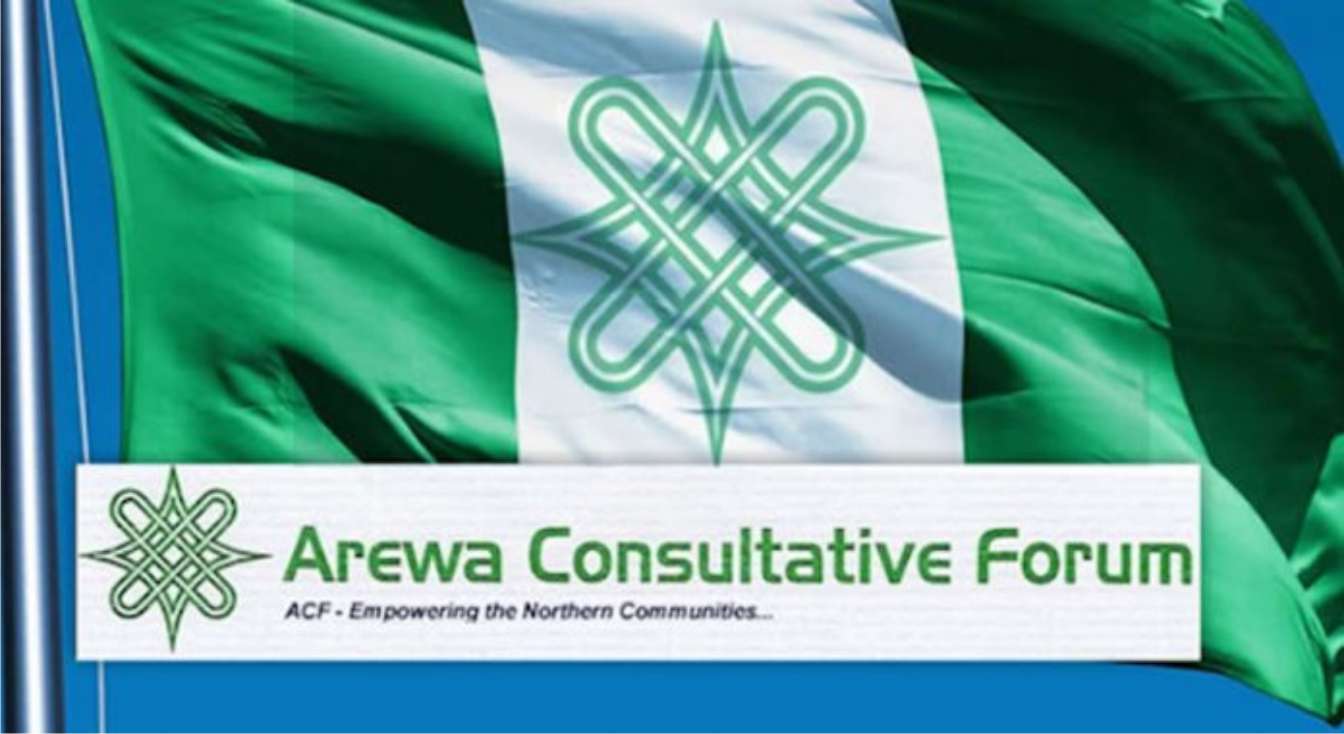
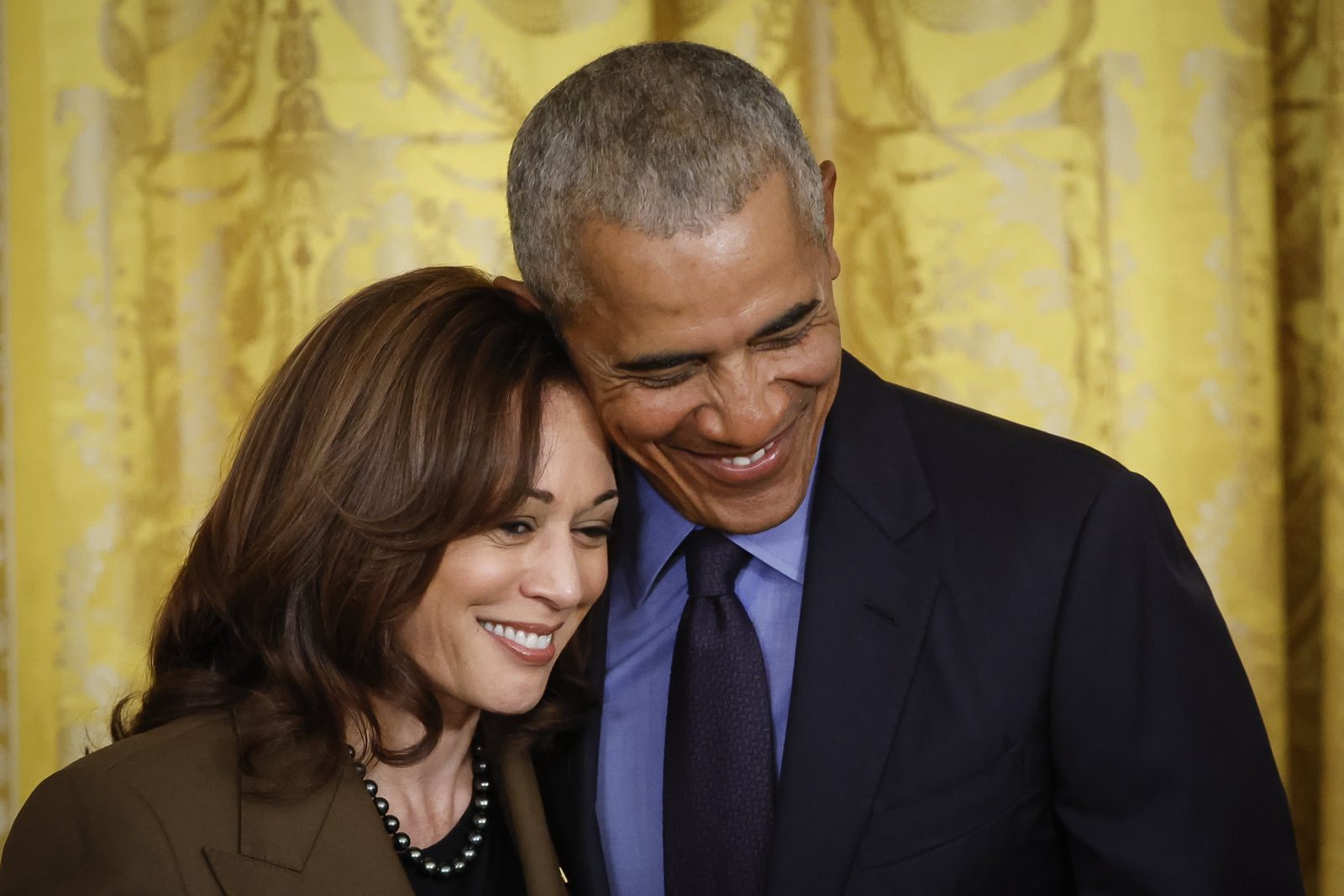


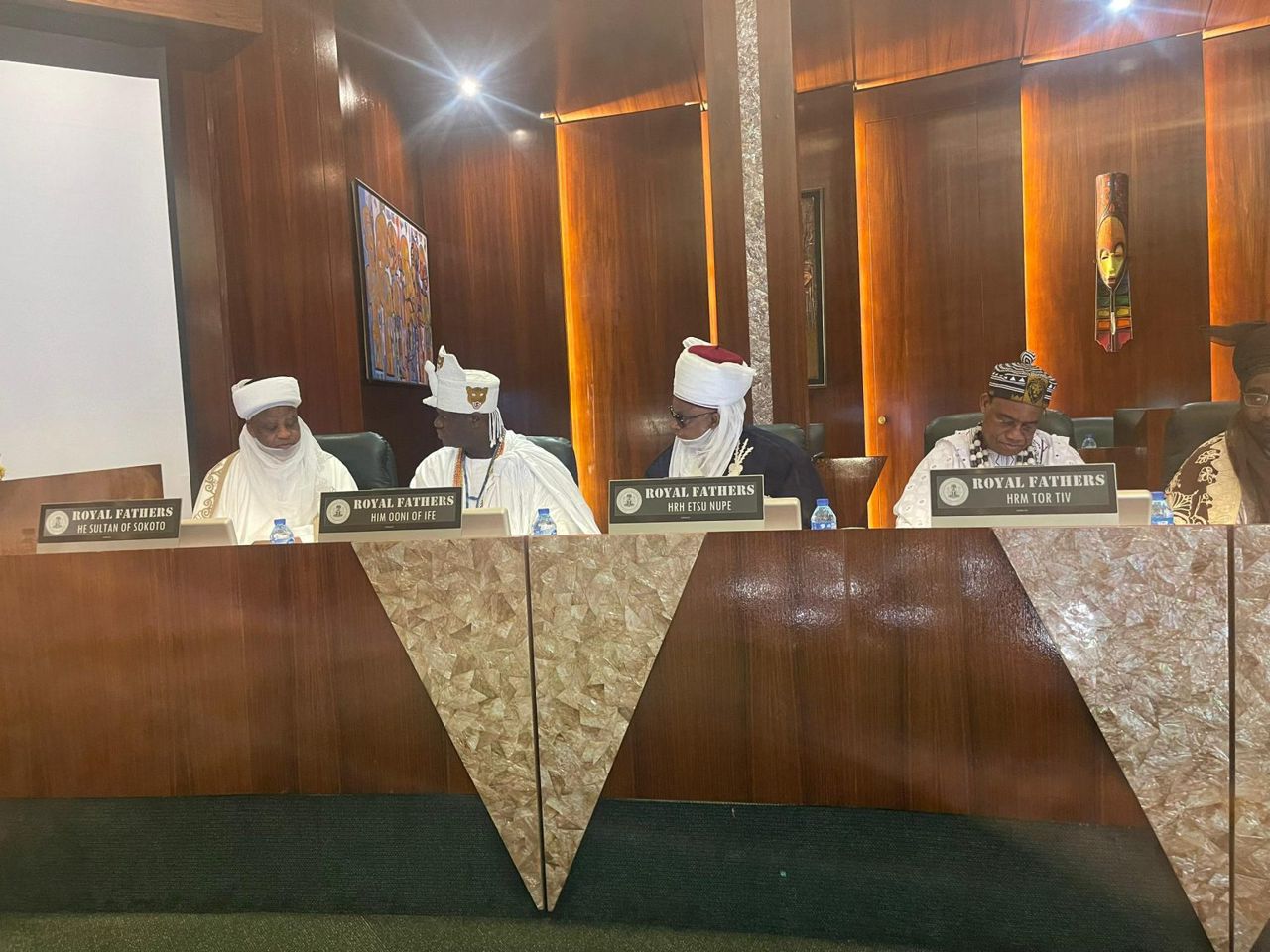



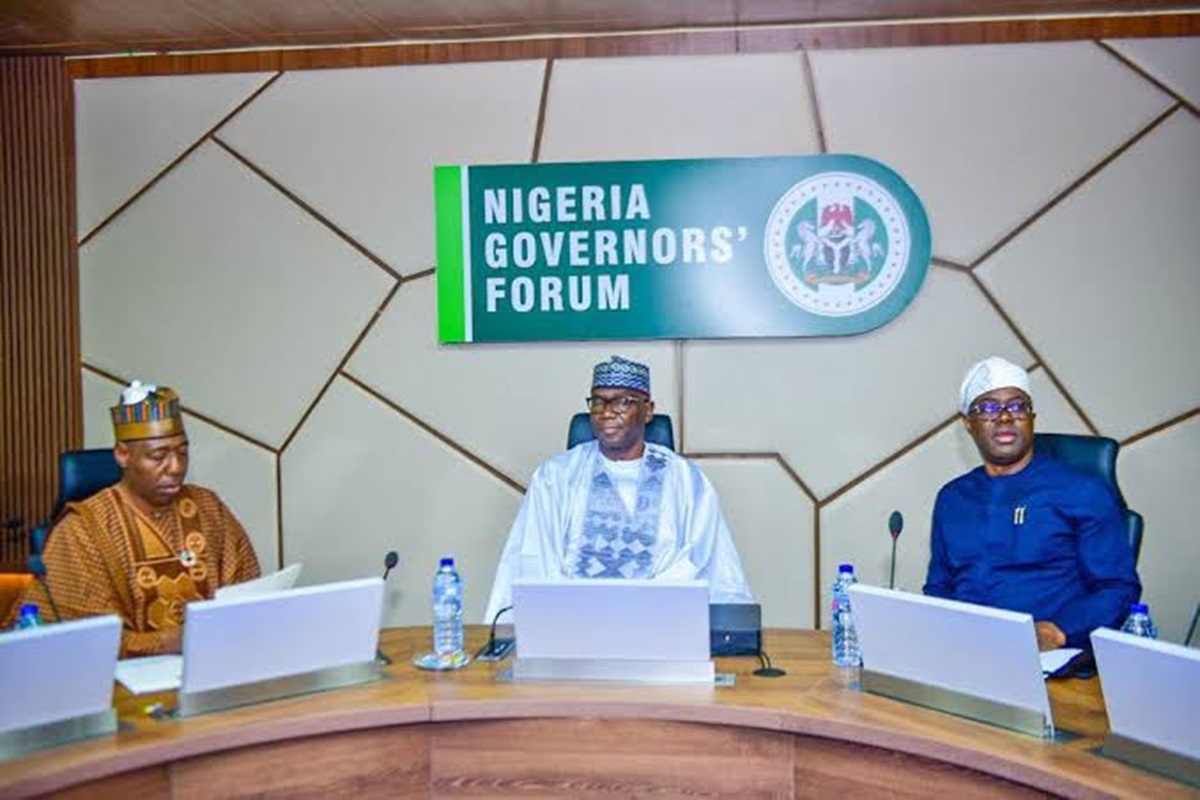
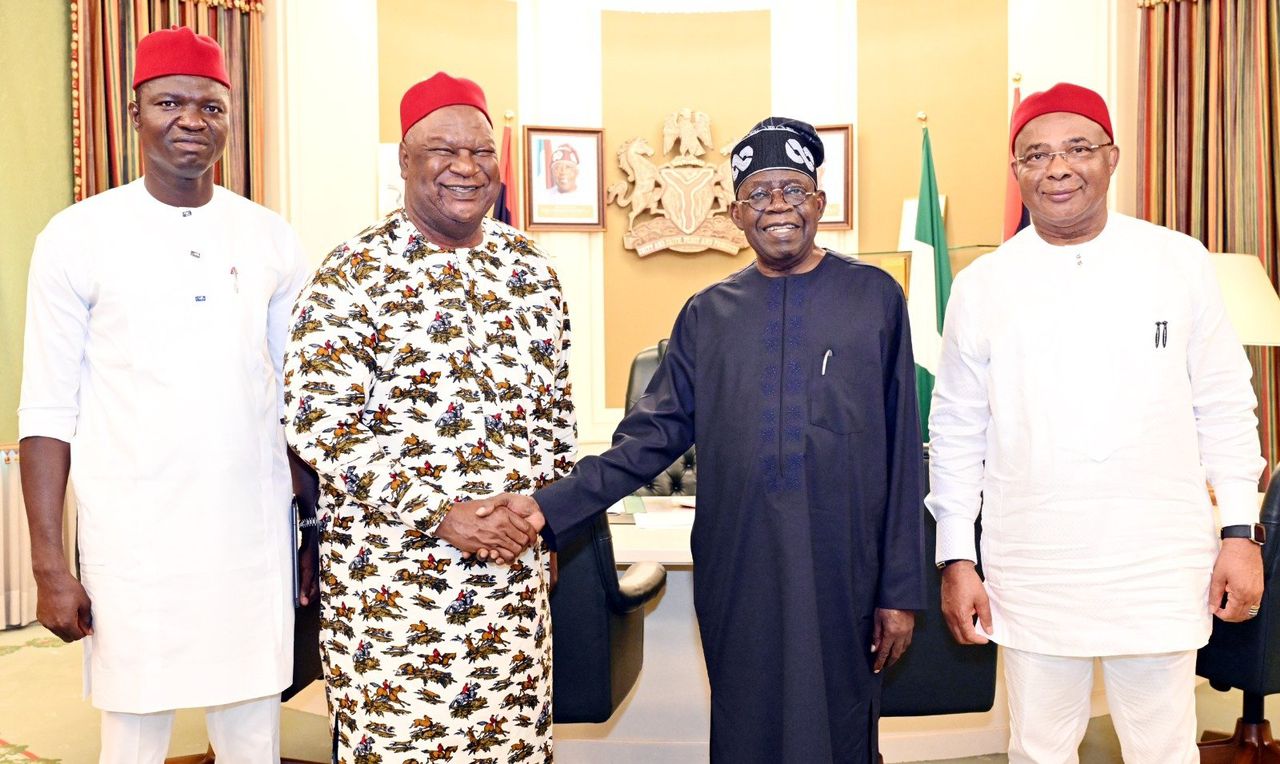

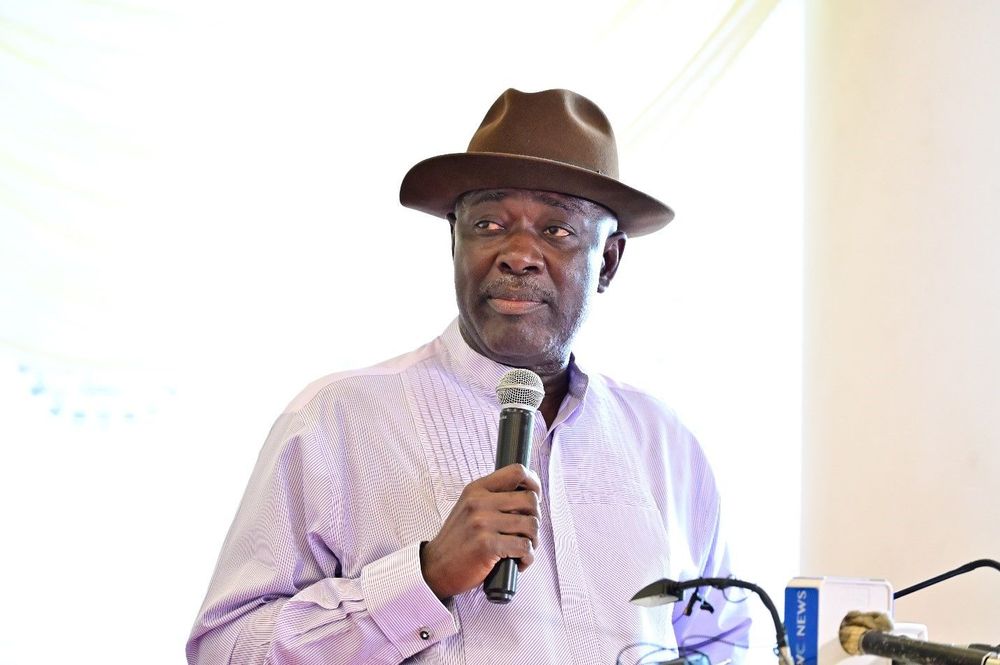


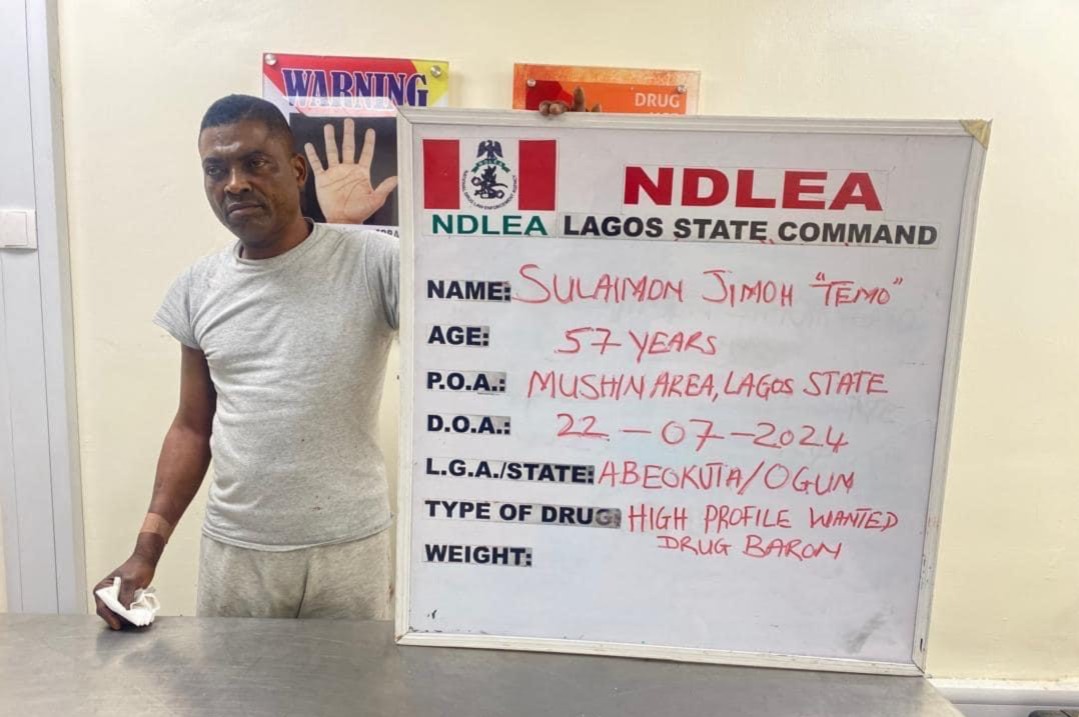

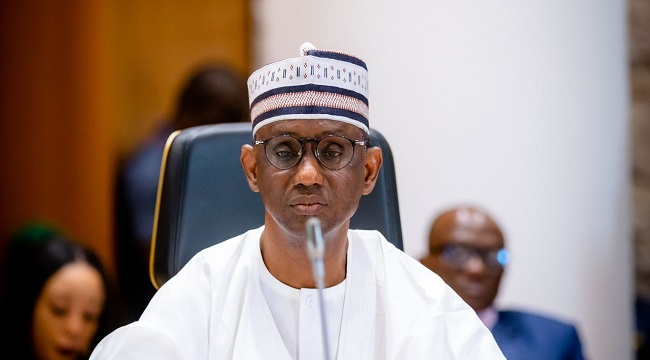

Leave a comment